Antitrust Against Apple and Its AI Can Endanger Your Life
by Edward Hudgins
Apple is finally catching up with AI competitors Microsoft and Nvidia. Its launch of Apple Intelligence and partnership with OpenAI for use of ChatGTP could well reverse its iPhone and iPad sales slump and much more. This healthy competitionunderscores the blindness of Justice Department’s monopoly accusations against Apple’s ecosystem—joining EU “techlash” attacks—to the arc of innovation in our exponential technology age.
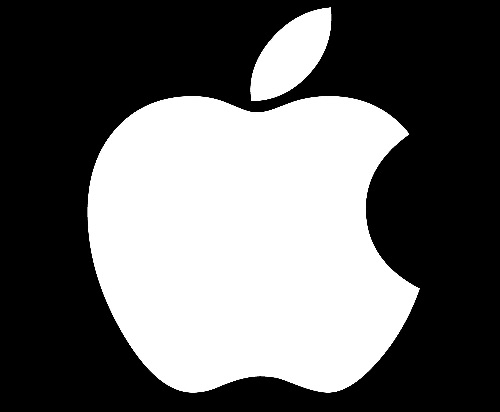
Sure, mandating iPhone USB-C ports might seem insignificant. But the accumulation of mandates and restrictions on hardware and other policies, building up over time, will cripple or kill innovations from Apple and other companies that are anything but trivial.
This is because biotech and infotech are in sync to transform “sickcare” into true healthcare, with living past 100 in good health and vitality the new norm, a revolution as transformative as the Information Revolution. Apple can play a crucial role in this revolution if obsolete antitrust doesn’t throttle its innovative efforts.
The biotech revolution.
Biotech is on a trajectory to customize healthcare to each of us as unique individuals. The cost of sequencing an individual human genome—your biological blueprint—fell from some $100 million in 2000 to a few hundred dollars today, with your other bio-data providing the foundations for individualized healthcare.
Artificial intelligence is driving biotech dynamism. Algorithms can identify in your genome propensities for serious ailments like heart disease. Recently, an algorithm reviewed fMRI scans of 10,000 presumed healthy brains and some 1,200 scans of the brains of individuals with Alzheimer’s, schizophrenia and autism. The algorithm “learned” to evaluate the risk of healthy brains developing those conditions.
The company Insilico uses AIs “to accelerate drug discovery and development.” This effort can reduce the average 10-12 years and nearly $3 billion cost it takes to bring a drug from research lab to you, eliminating years of suffering or premature deaths for millions. Using your personal bio-data, this technology eventually could customize medications for you as an individual.
New gene-editing tools—CRISPR, Car-T, stem cell therapies—already can treat certain cancers, sickle cell disease and acute lymphoblastic leukemia, and other ailments will be vanquished by this tech in years to come.
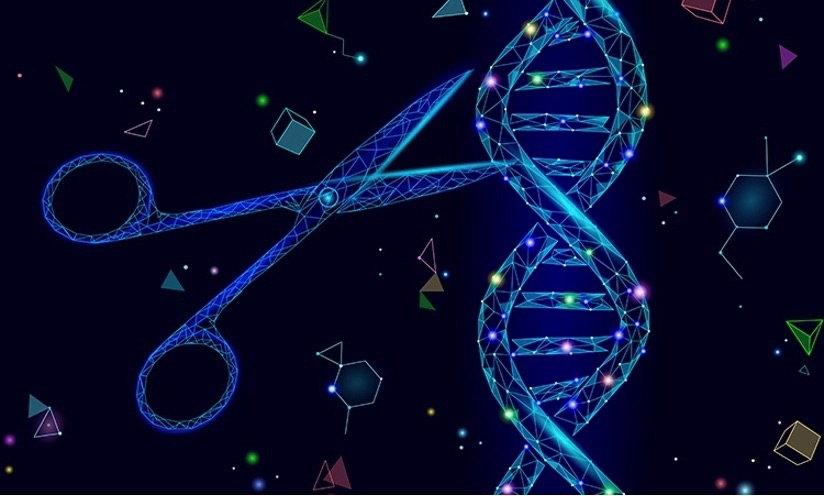
Even more revolutionary, researchers have isolated the processes that constitute human aging—mitochondrial mutations, telomere shortening, stem cell exhaustion—and are exploring ways to literally turn off aging.
Your wearable doctors
Here’s where Apple joins the biotech arc of innovation. Apple’s Watch already monitors in real time many of your health indicators. With the “Training” app and just-introduced “Vitals” app, Apple ups its health-focused game. Apple has patents to put health sensors on Watch bands, catching up with competitors that already offer such bands. Apple is developing a smart ring with sensors, offering an alternative to competitors like Oura. Apple will likely include more advanced health sensors in Air Pods and retinal scanners in future Vision Pros and upcoming Apple Glasses.
Most important is the company’s integration of AI Apple Intelligence and ChatGTP into its devices and ecosystem with strong protect of user privacy, an essential for building patient trust of biotech for individualized healthcare.
So picture Apple devices—no doubt joined by implantables in your body—monitoring your health condition in real time. Your privacy-protected information will be reviewed by an AI in light of your individual sequenced genome and other bio-data. The AI will detect serious ailments before they strike. It will know which cutting-edge treatments will ensure you’ll rarely be in danger territory. Your healthspan and lifespan will be significantly extended.
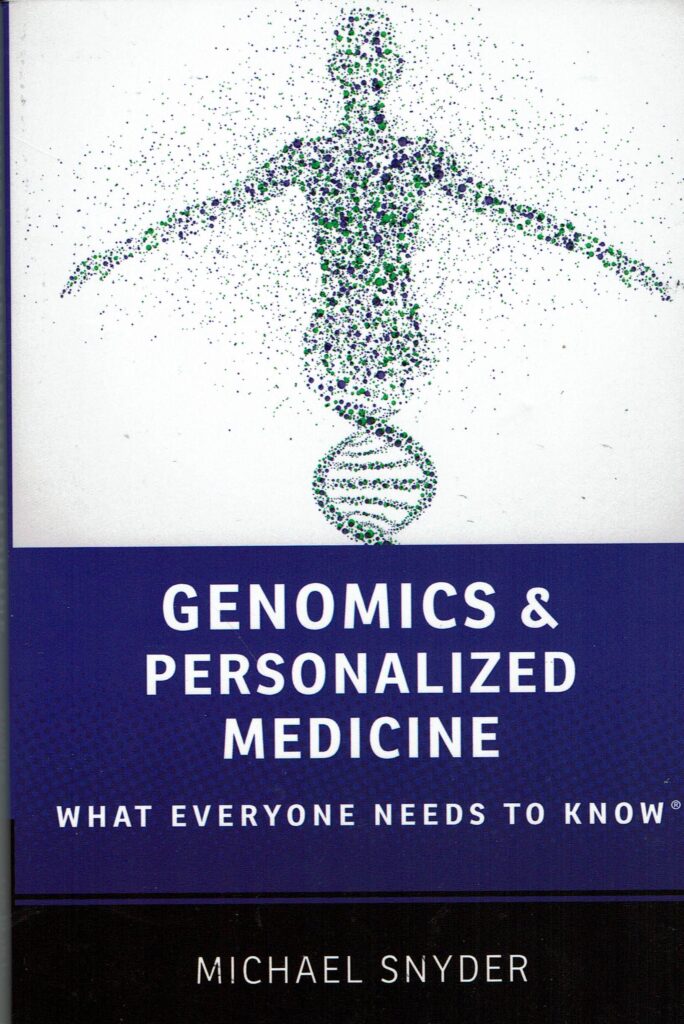
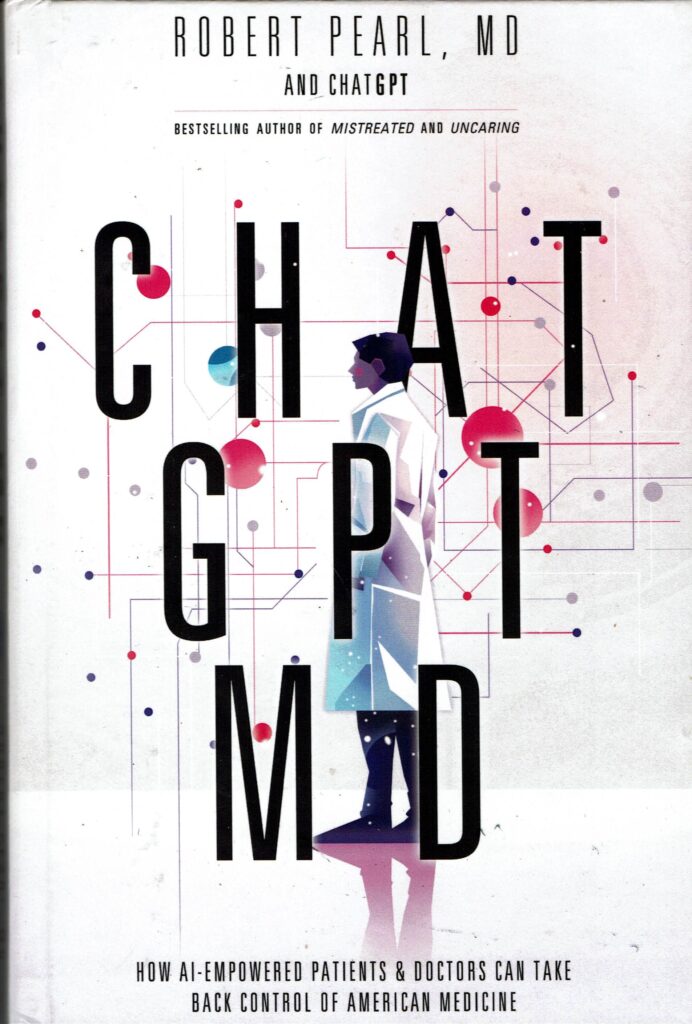
Apple must have this vision in mind. CEO Tim Cook declares that his company’s “greatest contribution to mankind” will be about health. Apple hired Stanford University’s accomplished Dr. Sumbul Desai as vice president for health innovation. The Stanford connection with Apple is significant. Prof. Michael Snyder is an innovator in genomics and personalized medicine. And he is working on biomarkers to allow the Food and Drug Administration to review treatments for aging.
A new book’s title, ChatGPT, MD: How AI-Powered Patients & Doctors Can Take Back Control of American Medicine, by Stanford’s Dr. Robert Pearl, former Kaiser Permanente CEO, illuminates our healthspan, longevity future.
The battle of ecosystems.
Here’s where you can see clearly how the blindness of Justice Department and EU attacks on Apple can, in the long-run, endanger your health and your life.
Policymakers need to grasp that Apple’s role in creating our healthy future will not rely on any one innovative device, service, and AI. Apple’s product is its ecosystem, including synced devices, services and AI.
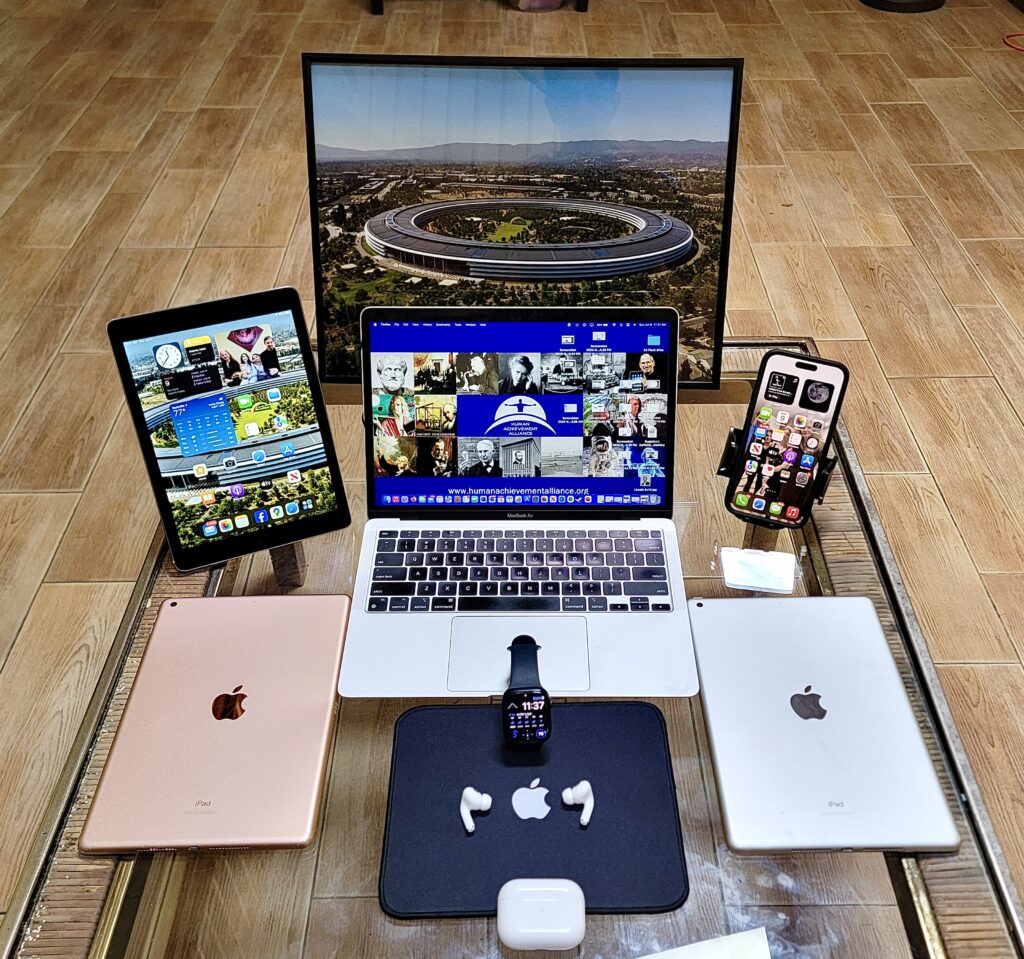
Policymakers need to grasp that Apple faces fierce competition in all its offerings. It is legitimate for Apple to give advantages to consumers who more fully integrated into its ecosystem. Such an ecosystem will be essential for individualized healthcare.
Policymakers need to grasp that Apple earns lots of money, and it takes lots for risky innovation. The arc of innovation is an iterative and experiment process over time, with failure always possible; Apple failed in its decades-long $10 billion smart car project.
Policymakers need to grasp that Apple has no guarantee of success in its healthcare efforts, which will certainly be in partnership with other companies—OpenAI!—scholars, and researchers.
Policymakers need to grasp that it is guaranteed that forcing Apple to work around government regulatory whims that will only grow and metastasize in the future, and absorb associated costs, will stifle innovation, e.g., syncing exponential biotech and infotech.
As Tim Cook fights for his company’s liberty to innovate, he is fighting for what could be Apple’s greatest triumph: a future in which we all can truly live long in great health and prosper!
——–
Edward Hudgins, Ph.D., is founder of the Human Achievement Alliance and an expert on technology, FDA reform, and healthcare policy. His career includes stints at the Heritage Foundation, Joint Economic Committee of Congress, the Cato Institute, the Atlas Society, and the Heartland Institute.